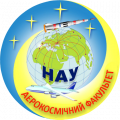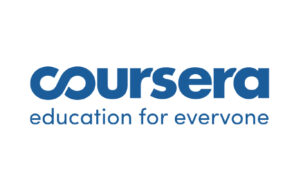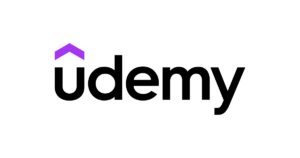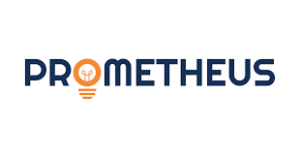REPORTING PROBLEMS AND CONFLICT SITUATIONS. GETTING INFORMATION

The student can report information about security problems that exist at the university, about the facts of abuse, corruption, etc. and getting information:
1) Curator of his/her group
2) Guarantor of the educational program through corporate mail:
For bachelors – Sviatoslav YUTSKEVYCH (sviatoslav.yutskevych@npp.nau.edu.ua)
For master students – Mykhailo KARUSKEVYCH(mykhailo.karuskevych@npp.nau.edu.ua)
For Doctors of Philosophy – Serhii IGNATOVYCH (serhii.ihnatovych@npp.nau.edu.ua)
3) To the dean’s office of the Aerospace Faculty: (akf@npp.nau.edu.ua)
4) To the e-mail of “trust box” of NAU
You also may give feedback here
ADVISORY INFORMATION AND ASSISTANCE 
In the sector of psychological and pedagogical work you can find out information on everyday and organizational issues of student life (for example, advisory assistance on accommodation and living in the dormitories of the NAU campus).
The Academic Council of the National Aviation University approved the Regulations on Prevention and Counteraction to Bullying, Mobbing, Cyberbullying, Harassment
CURRENT ORDERS AND INSTRUCTIONS ON LABOR PROTECTION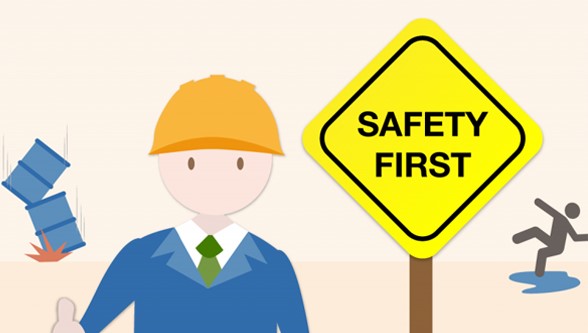
To create safe and healthy working conditions at the University, to comply with current legislation, rules, standards, norms, regulations, please read the instructions on occupational safety and industrial sanitation
ACADEMIC INTEGRITY AND PREVENTION OF PLAGIARISM
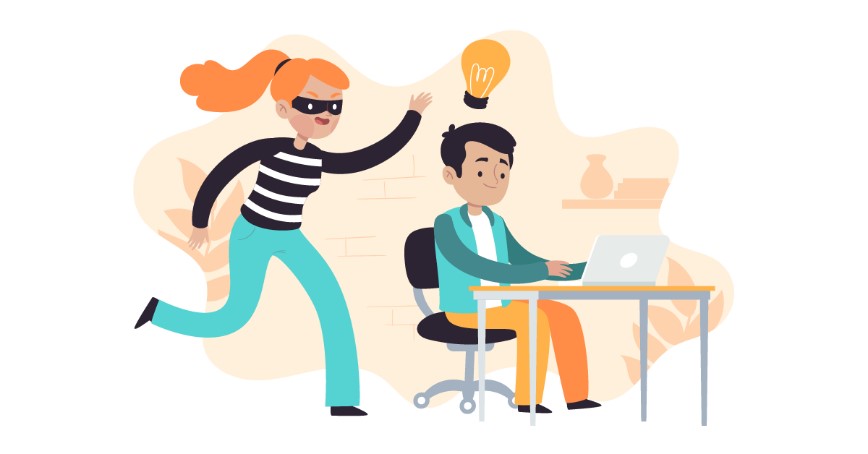
Have you ever written an article and quoted something without citing the source? Have you ever cheated on a test? If your answer is yes, it means that you have participated in various forms of academic integrity violations.
Academic integrity is not the same as plagiarism, although the two terms are sometimes confused. However, all violations of academic integrity by scholars, including plagiarism, are viewed negatively and seriously in all pedagogical communities.
What is academic integrity and what are its basic principles?
In order to foster academic integrity in all communities around the world, it is necessary to defeat academic plagiarism, dishonesty and cheating. Implementing integrity among pedagogical communities means implementing its fundamental principles.
The basic principles of academic integrity are trust, honesty, responsibility, respect and fairness. A person who decides to devote himself to education, or is engaged in his own education, must respect all standards of integrity and fundamental principles.
Let us consider the main features of each of these principles to understand why their observance is important for academic integrity.
Trust. Mutual trust is something that all academic communities rely on. Trust in each other encourages students to exchange ideas and supports free communication and knowledge sharing. Such trust helps each student to reach their full potential.
Honesty. PERSONAL and intellectual honesty in teaching, learning, work, and research is necessary in learning communities to promote academic integrity. Honesty is crucial in the human search for truth.
Responsibility. Accountability in learning communities is necessary to maintain standards to which all parties agree and to take action in the event of any misconduct. Individuals working in groups must also be held personally accountable.
Respect. Academic integrity is manifested in honoring and respecting the ideas and opinions of others in academic communities. The nature of learning should always be participatory, interactive and collaborative.
Fairness. Equity in learning communities can be maintained by establishing transparent and clear standards, expectations, and practices. Such organization is reflected in the interaction between administrators and students.
The difference between academic integrity and plagiarism
The terms “plagiarism” and “academic integrity” are often used interchangeably. Yes, plagiarism is a form of academic dishonesty, but it is not all integrity.
Academic ethics means adherence to the six fundamental principles mentioned above: trust, honesty, responsibility, respect and fairness. These principles shape human behavior and help scientific communities bring their ideas to life.
On the other hand, plagiarism is an aspect of academic integrity because it involves the use of other people’s theories, words, ideas, facts and opinions in a dishonest way, as ideas and views taken from the author are presented as new and original.
How to avoid academic dishonesty?
Violation of the principles of honesty can manifest itself in different forms. For example, copying, collusion, self-plagiarism, plagiarism in education and the use of electronic devices for cheating.
Academic plagiarism, which means using someone else’s ideas and passing them off as your own, is a form of academic dishonesty that violates all principles of academic ethics. How to prevent or at least avoid plagiarism?
There are several ways to do this. To avoid cheating, you need to do both homework and exams independently without the help of peers. To avoid plagiarism, you need to start the task on time, constantly monitor all the resources used, cite them correctly and use special tools to identify each case of copying someone else’s work.
More details in the Regulations on detection and prevention of academic plagiarism
INFORMAL EDUCATION

Informal education is the process of obtaining education that is not regulated by the place, term and form of education and does not provide for obtaining state-standard educational documents.
In case of successful completion of the final exams, the user receives a certificate of completion of the course. The results of training of persons obtained in an informal environment can be recognized subject to a comparative analysis of the educational program and the documents received with the results of training, the implementation of all mandatory types of individual tasks and the final control of the discipline to confirm the level of knowledge, skills and other competencies in accordance with the Regulation
Attention! We recommend that you pre-agree on the possibility of re-crediting learning outcomes in an informal environment before choosing a course
Recommended platforms (but we do not limit your choice to them)
